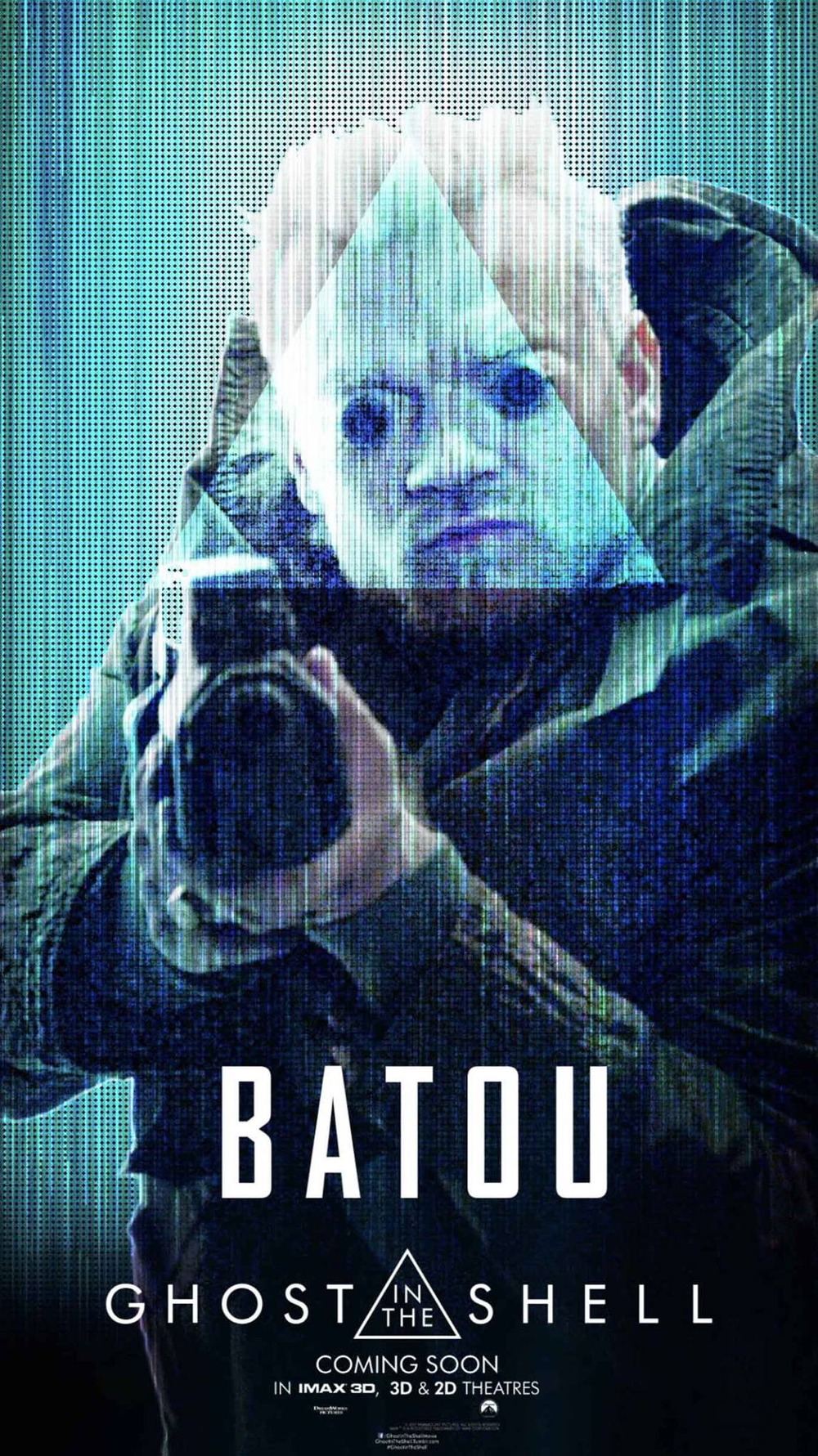
Or maybe there never was a real 'me' to begin with." That Perhaps the real me died a long time ago and I’m a replicant made with a cyborg body and a computer brain. "Maybe all full-replacement cyborgs like me start wondering this. Although it is believed that the brain cells retain the Ghost within a cyborg body, Motoko refuses to believe that she is an individual:

The only natural organs she has left are a few brain cells within her titanium skull (Penicka-Smith). Once a human with nothing but natural organs, she has since been manufactured by Megatech into a super-powerful cyborg with enhanced physical characteristics. These annoyances, however, are minimal with respect to her psychological complications. She is pestered with the tasks brought about by her job as a police officer and she must complete them if she is to retain her physical body.

Throughout the film, the Major is inundated with problems. Ghost in the Shell examines not only the effects of cyborg technology on Motoko herself, but also on the sociological scale. From a different perspective, the film examines the positive and negative effects of a society relying on technology. As cultures around the world continually surrender to technology, Motoko struggles not only to find the infamous computer hacker The Puppet Master, but to find the Ghost, or soul, within her robotic body. In a world dominated by technology and connected by a vast network, Major Motoko Kusanagi is plagued by the question of her identity and is hesitant about whether or not she is an autonomous individual or rather an automated creation. Mamoru Oshii’s cyberpunk masterpiece Ghost in the Shell focuses not only on the possibility of mechanical enhancements on humans, but also of full-fledged cyborgs.

What does it mean, exactly, to be human? In a world where humans are relying on technology ever more increasingly, this question focuses on the idea of cyborgs or cyborg enhancements.


 0 kommentar(er)
0 kommentar(er)
